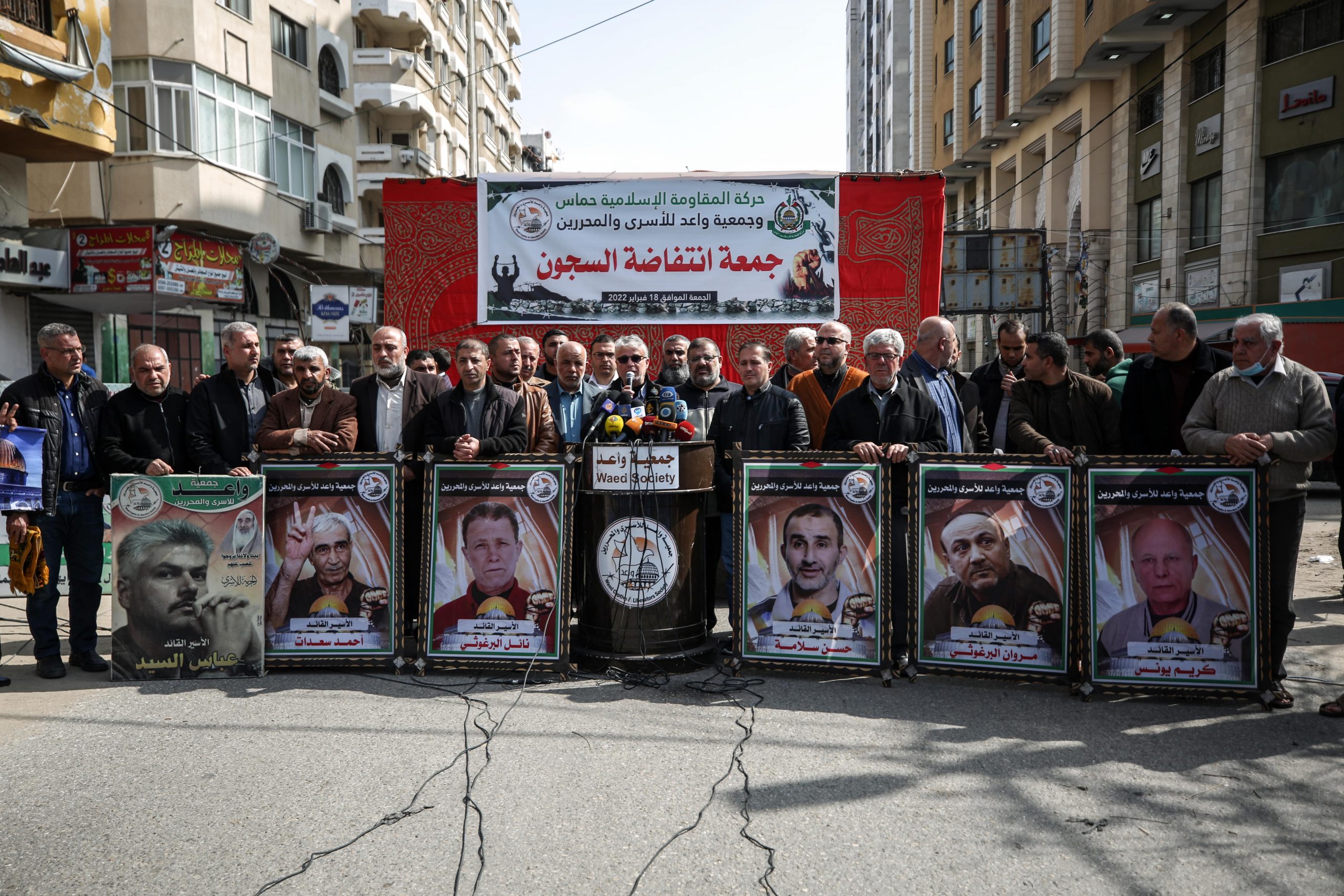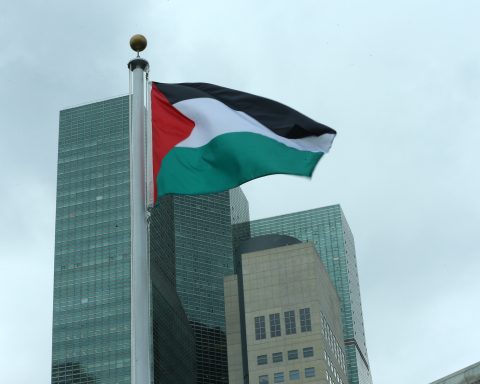On April 17 each year, the Palestinian people mark the Palestinian Prisoners Day in a bid to shed light on the ongoing ordeal of nearly 5000 people, who are languishing for years behind Israeli bars.
We can say, according to statistical Palestinian figures, that since the Nakba of 1948, the Israeli occupation forces have given a million arrest warrants against the Palestinian people who have spent years inside solitary cells, which means that their lives have literally “gone” inside a tiny room with a corroded ceiling.
The case of Palestinian teen Ahmed Manasra is a blatant example of the daily suffering of Palestinian detainees, mainly child prisoners. Ahmed was only thirteen when he was abducted by Israeli forces before being injured and recovered in an Israeli hospital. No one can imagine how a thirteen-year-old boy managed to survive six years inside the Israeli prison given the fact that, he is not only banned from his affectionate parents but also from his childhood friends, not to mention the fact that his educational journey was totally interrupted.
According to the Palestinian Detainees Authority, and until this very moment, around 160 children below 18 years old are still thrown behind bars by the Israeli occupation forces.
The issue of women prisoners is woeful too. There are 34 women still languishing in Israeli jails, including mothers and university students. A mother of an eight-year-old boy, the tale of Israa Jaabees is nothing but horrifying. Israa was put behind bars in 2015 after an abrupt fire broke out in her car in an area close to an Israeli checkpoint, with the Israeli forces accusing her of attempting to carry out an attack due to the ablaze car.
Israa was burnt to the first and second degrees which caused her to lose eight hand fingers and touch sense. That actually added to her injury and exacerbated her agony. It is not only Israa who is suffering since 2015, it is the daily pain of her kid who found himself paying a very heavy price from Israeli apartheid policies.
The sick prisoners’ issue is also alarming. Official figures show that there are 600 Palestinian prisoners who suffer from various illnesses, including 200 with chronic diseases. The most prominent case of those prisoners is the case of cancer-stricken detainee Nasser Abu Humaid. The terrifying part of Abu Humaid’s story is the fact that he and his four brothers are already jailed by Israeli forces. Thus, the five family members were slapped with life imprisonment. A photo of their mother lamenting their absence and breaking her fasting alone during the holy month of Ramadan has gone viral.
There are hundreds, if not thousands, of similar stories telling the daily suffering of the Palestinian detainees and their families, but no factual or weighty action is taken to get this issue internationalized and put on the policy makers’ agendas.
In the last decade, there were two events that revived the prisoners’ issue and helped it occupy the headlines of chief news outlets: the swap deal of 2011 and the jail break of 2021. In October 2011, more than 1025 Palestinian prisoners were released from Israeli jails in exchange for an Israeli soldier, who was kidnapped by Palestinian resistance forces. This incident proved the fact that the Palestinian resistance works and can do something effective to keep the prisoners’ issue prevalent. The jail break did the same.
However, it is true that the jail break of last year managed to reinvigorate this issue, but came with a painful truth that Palestinian prisoners are feeling that they were left alone behind bars which prompted them to dig in the rock and secure their freedom themselves.
Though, the local Palestinian action is not enough. Global action is needed to end the Palestinian prisoners’ ordeal, most specifically those of the children, women and sick prisoners. We have Palestinian people scattered across the globe on five different continents, who, hand by hand with the free people who do believe in the Palestinian people’s right to freedom, can do something big, while advocating and campaigning to end this horrific issue.
In a view of contributing to this vexing issue, Israel should always feel under legal, human rights, and economic pressure. This can be only fostered by joining the anti-apartheid lobbying campaigns and taking part in efforts launched by the BDS movement.
We have an inspiring model in South Africa. The anti-apartheid activism managed to draw the world’s attention to Nelson Mandela and forced the apartheid regime to release the iconic leader. He was not released alone but accompanied by hundreds of comrades.
A well-planned international advocacy to sanction the Israeli apartheid regime over the continued violations against the Palestinian child, women and diseased prisoners can make a difference.














